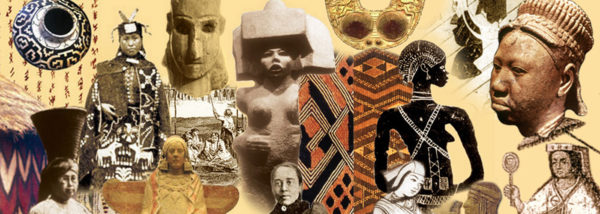The Latin incantation means “singing into,” invoking through chant, from canto, “song, chant.” The clergy sometimes called witches by the Latin title of incantatrix, which gave rise to French enchanteresse and, in turn, to English enchantress. Church councils were constantly prohibiting the singing of charms. They usually included divinations alongside incantations, as the council of Clovesho did in 750.
Also in England, Theodore’s Penitential prescribed penance for “a woman [who] performs diabolical [in his view!] incantations or divinations,” as well as for any who observe “omens from birds, or dreams, or any divinations according to the custom of the heathen.” Authors of penitential books did their damndest to stamp out the incantatores and praecantatores to which people flocked for healing, protection, and other blessings. These witches did more than chant; they gave counsel, and with it healing and protective remedies, in the form of herbs, amulets, knotted ties, and other medicine objects.
Back in the 5th century, Caesarius of Arles singled out female incantatrices, warning Christians (men specifically) not to seek them out for healing or prophecy. He declared it was better for a man “if he does not send for a soothsayer, if he does not make bindings, he does not admit any enchantresses. The woman enchants, the serpent enchants.” That misogynist trope is foundational priestcraft, in the stamp of the church patriarchs. But it is a commentary on a real female sphere of power.
As Bernadette Filotas summarizes from English and Frankish sources, “enchantment was typically the practice of women.” And they performed it for female purposes, which included weaving, conception and contraception, birth, spells of love and of protection from men. For example, the Pseudo- Egbert penitential condemns Anglo-Saxon women for using incantations to conceive…
©2016 Max Dashu
Listen, there’s more:

